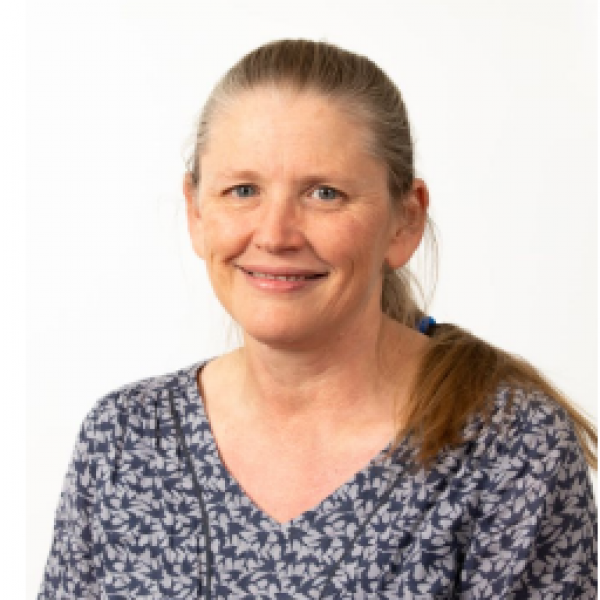August 2020
College of Human and Social Futures • 20 Aug 2020
New research reveals unequal impact of the pandemic on young people
New research by the directors of the Newcastle Youth Studies Network, Drs Julia Cook, Steven Threadgold, David Farrugia and Julia Coffey, has revealed the extent of the impact of the COVID-19 pandemic on young people working in the hospitality sector.
College of Engineering, Science and Environment • 20 Aug 2020
Logically, how is it possible to use more resources than Earth can replenish?
You may have seen reports that humans use more resources than the Earth can produce – but, logically, how is that possible? A bathtub can help explain.
Featured News • 20 Aug 2020
Three Minute Thesis competition goes virtual
From estimating soil moisture using a remote sensor to management of childhood stuttering in Sri Lanka, this year's virtual Three Minute Thesis competition showcased intriguing and excellent PhD research.
College of Human and Social Futures • 20 Aug 2020
History Week events promote the importance of history in navigating todays challenges
The University of Newcastle is celebrating History Week 2020 with a series of events that highlight this year’s theme ‘History: what is it good for?’ which invites participants to share why history is important to them.
College of Human and Social Futures • 20 Aug 2020
Featured Sociology Publication: Bourdieu and Affect
Inequality is typically understood through an economic and material lens: those that have more money and stuff are privileged, those that have less are disadvantaged.
College of Engineering, Science and Environment • 19 Aug 2020
Curious Kids: Why do people get the hiccups and how do you get rid of them?
Hiccups serve no clear purpose. Tadpoles have a hiccup reflex which helps keep their lungs safe while they transition. So our hiccup reflex might be from our amphibian ancestors.
College of Engineering, Science and Environment • 19 Aug 2020
No butts – it’s time to help people with mental health conditions quit smoking
Smoking rates are high among Australians with a mental illness. Quitting is likely to improve their physical and mental health; supporting them to do so should be part of mental health care.
College of Engineering, Science and Environment • 19 Aug 2020
Is this a housing system that cares? That’s the question for Australians and their new government
May 28, 2019: The Morrison government, having added a housing minister to its ranks, needs to recognise housing as having more than just economic value. Its impact on our ability to give and receive care is critical.
College of Health, Medicine and Wellbeing • 18 Aug 2020
'Extraordinary contribution' to nicotine and tobacco research earns international acclaim
Congratulations to Associate Professor Gillian Gould of the School of Medicine and Public Health who has been honoured for her research into the health implications of smoking.
College of Engineering, Science and Environment • 18 Aug 2020
Smoking increases your coronavirus risk. There’s never been a better time to quit
If you’re a smoker, there’s really never been a better time to quit. Coronavirus affects your lungs, causing flu-like symptoms such as fever, cough, shortness of breath, sore throat and fatigue. In the most serious cases, sufferers struggle to breathe at all and can die of respiratory failure.
College of Engineering, Science and Environment • 18 Aug 2020
Welcome to my Country: seeing the true beauty of life in Bawaka
September 15, 2014: Tony Abbott is spending this week in North East Arnhem Land, part of his long-held hope “to be not just the Prime Minister but the Prime Minister for Aboriginal Affairs”. We asked our experts: what stories does the PM need to hear while he’s in the Top End?
COVID-19 response • 1 Jan 1970
A great partnership
The University of Newcastle acknowledges the traditional custodians of the lands within our footprint areas: Awabakal, Darkinjung, Biripai, Worimi, Wonnarua, and Eora Nations. We also pay respect to the wisdom of our Elders past and present.










